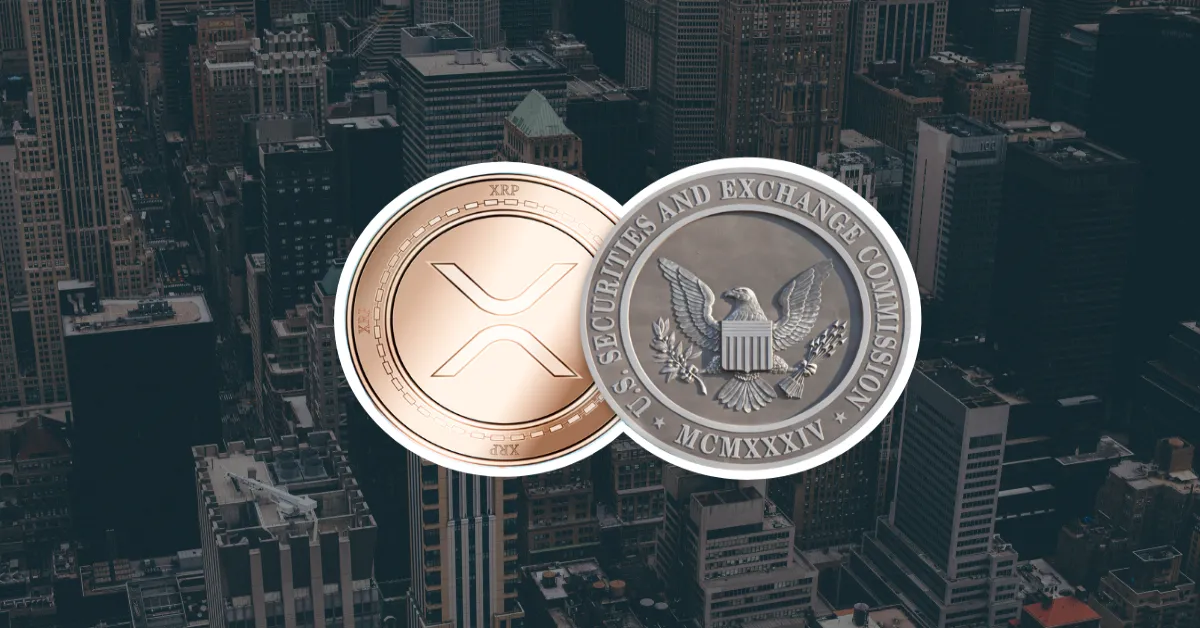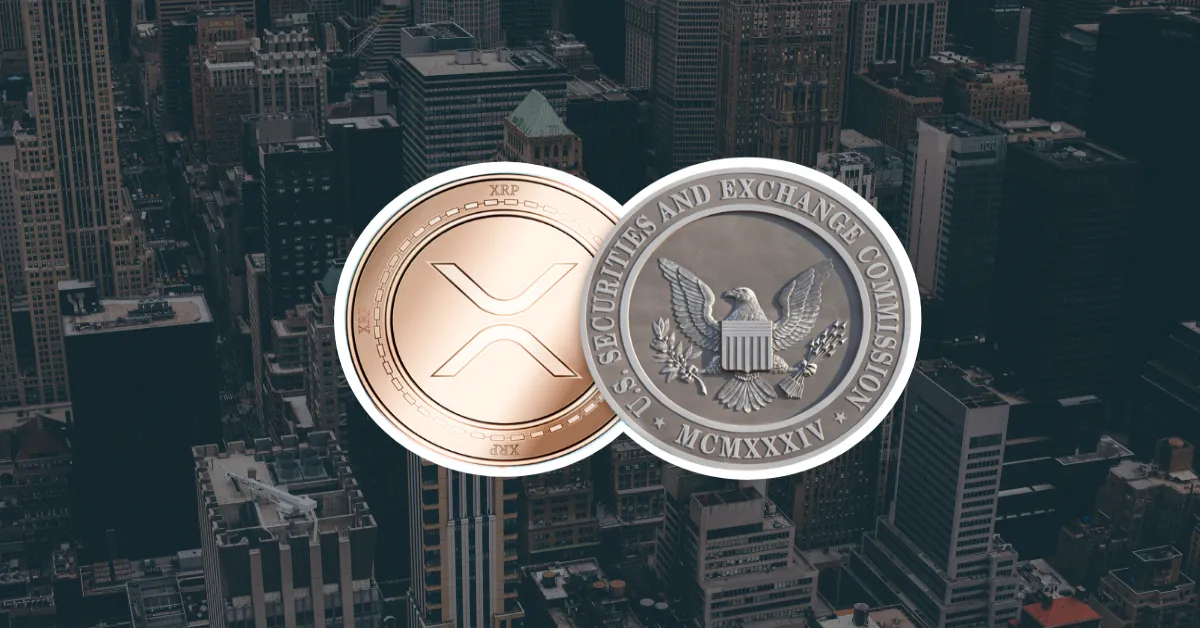
Have you ever needed to send money overseas? Often, the most important question involves costs. How much is it going to cost you?
Ripple, a payment infrastructure and blockchain technology solutions provider, offers cheaper payment services and is alleged to be more convenient than Swift, according to a new report from DBS, an Asian bank headquartered in Singapore.
Out of the top 3 methods of transferring cash locally and abroad, the report ranked Swift (the Society for Worldwide Interbank Financial Telecommunications) as the most expensive way to send money overseas, followed by ACH. It ranked Ripple as the cheapest way to transfer funds abroad.
“Normally, corporates try to minimize the cost of payments. All else being equal, domestic payments will be cheaper than cross-border payments, and this is a driver for IHB and cross-border ACH.
In general, the order of preference for domestic payments is usually:
- RTGS: most expensive
- Cheques: expensive
- Fast/immediate: Cheap
- ACH: Cheapest
Cheques are often free in terms of bank fees, but when corporate handling costs are included they are expensive. Over time, fast or immediate payments will replace ACH, and probably be free.
For cross border payments the order is:
-
SWIFT/ Telegraphic transfer: most expensive
-
Cross-border ACH: cheaper
-
Ripple: Cheapest”
xCurrent
The report seems to be focused on one of the Ripple’s blockchain-based bank-specific solutions, xCurrent. The solution enables institutions to settle international payments with end-to-end tracking instantly. It also looks at digital assets in general, including the advantages and disadvantages of cryptocurrencies compared to fiat currency.
“A critical underpinning of all payment instruments, other than cash (notes and coins) and some cryptocurrencies, is that they all resolve to central bank money.
When a bank credits a customer account, that entry is always underpinned, via netting and aggregation and sometimes with different timing, by an interbank entry across the banks’ accounts with the central bank. Cash (notes and coins) is also ultimately central bank money, cash is equivalent to a central bank promissory note, and was historically exchangeable for gold.
Only cryptocurrencies are not backed by central banks, which is a source of many attractions and considerable risks. Since the end of the gold standard (variously in 1931 and 1971 for the USA), central bank money is what is call fiat money, it has value because the government says it has and because (in most markets) we choose to believe its value. This is why inflation is so feared. Cryptocurrencies do not have any authority behind them, so their value is purely a matter of market psychology, resulting in volatility.”
The full report can be found here.
The post appeared first on Coindoo






